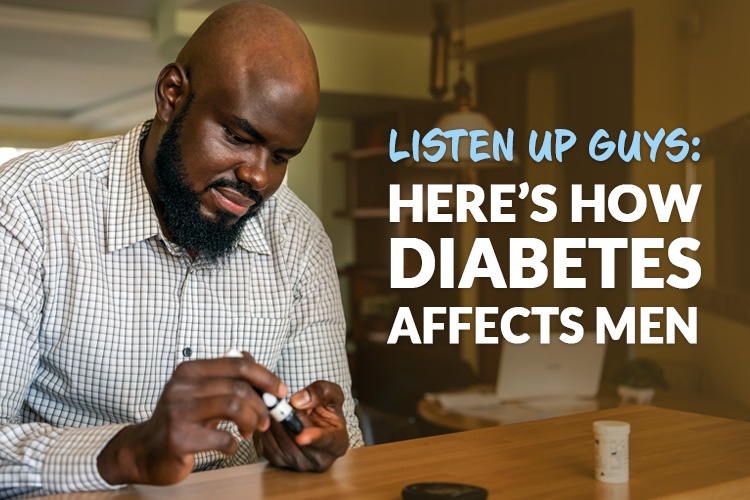Anybody who has ever taken a medication (which is probably just about everyone!) knows it’s easy to take the wrong dose, repeat a dose, or mistake one bottle for another.


Anybody who has ever taken a medication (which is probably just about everyone!) knows it’s easy to take the wrong dose, repeat a dose, or mistake one bottle for another.

If you’re old enough to remember Peter Pan collars and Sandy Koufax’s perfect game against the Cubs, you probably remember a time before Medicare and Medicaid. These programs were signed into law by President Lyndon Johnson on July 30, 1965, although the idea of universal, national healthcare dates back to President Truman in the 1940s.
Richmond, VA (August 2021) Home Care Delivered, Inc. (HCD), a leading provider of insurance-covered medical supplies for people with chronic health conditions, celebrated the company’s 25th anniversary on August 15th and the same day marked another major milestone with 5 million orders shipped to customers throughout the United States.

After a long day, how great does it feel to climb into a cozy bed? Maybe it’s time for some mindless TV or a few pages of a good book before you turn in. Or maybe you can’t wait to turn out the lights and close your eyes.

It’s always exciting to receive an invitation to a holiday party, especially now that in-person gatherings are back on the calendar. But for many people who are “watching their health,” a little bit of anxiety may sneak in along with the anticipation. That’s because parties usually mean lots of food and alcohol, making it especially easy for people with diabetes (type 1 or type 2) or pre-diabetes to consume more than they intended.

You’ve probably heard the saying, “Men are from Mars and Women are from Venus.” This phrase was coined to show that in many ways, men and women speak, act, and view the world differently. Did you know that those differences also extend to how the sexes experience health conditions, including type 2 diabetes? If you are a man with diabetes, or care about one, you’ll want to read this eye-opening post.

As we age, life definitely gets more complicated, especially when it comes to health. Remember those young, carefree days when your worst ailment was an occasional tummy ache from too much candy? Those days are long past for most people by the time they get to age 65. In fact, according to the Centers for Disease Control and Prevention (CDC), approximately 85% of older adults have at least one chronic health condition, and 60% have at least two chronic conditions.